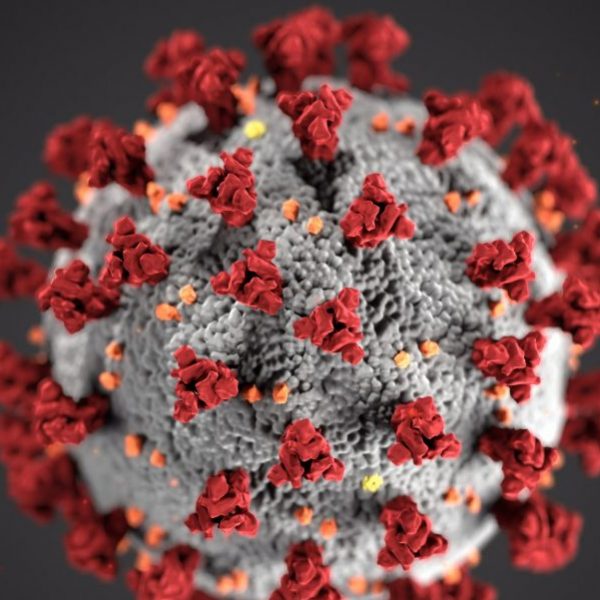The more things change…
 Fidel Castro celebrated his 80th birthday on Sunday, a month after handing over power to his brother, Raúl. Fidel’s age combined with his ailing health has many people wondering what kind of changes will happen in Cuba if he dies.
Fidel Castro celebrated his 80th birthday on Sunday, a month after handing over power to his brother, Raúl. Fidel’s age combined with his ailing health has many people wondering what kind of changes will happen in Cuba if he dies.
On the final page of Cuba: A New History (Yale University Press, 2005), Richard Gott says we should expect little change in the future. “Cuba has already been governed for several years by a post-Castro government…Castro himself is largely absent from the scene. When he dies, there will be little change in Cuba. While few people have been looking, the change has already taken place.”
An article in Monday’s New York Times agreed with Gott. It noted that in the last two weeks, with Fidel handing over power to Raúl, there was calm and normalcy in Cuba, not chaos and hysteria that was predicted. Instead of intervening, the Bush administration called on the Cuban people to take their future into their own hands, and rather than upheaval within the Cuban government, it appears that the political system may not change much at all.
Those who were hoping for an intervention by the U.S. were disappointed.
“‘We were ill-prepared for the eventuality of continuity rather than change,’ said Damián Fernández, director of the Cuban Research Institute at Florida International University, referring to policy makers in Washington and Miami. ‘All our policies have been built on a foundation of wishful thinking. Now we are confronted with reality, and it’s not what we had hoped it would be.’”
“If Mr. Castro dies, the country’s stability may be more overtly shaken,” the Times noted. “But so far it appears that Mr. Castro, who has governed Cuba for 47 years, may once again defy the experts and prove his influence, some call it control, over the government and its people, whether he survives or not.”



